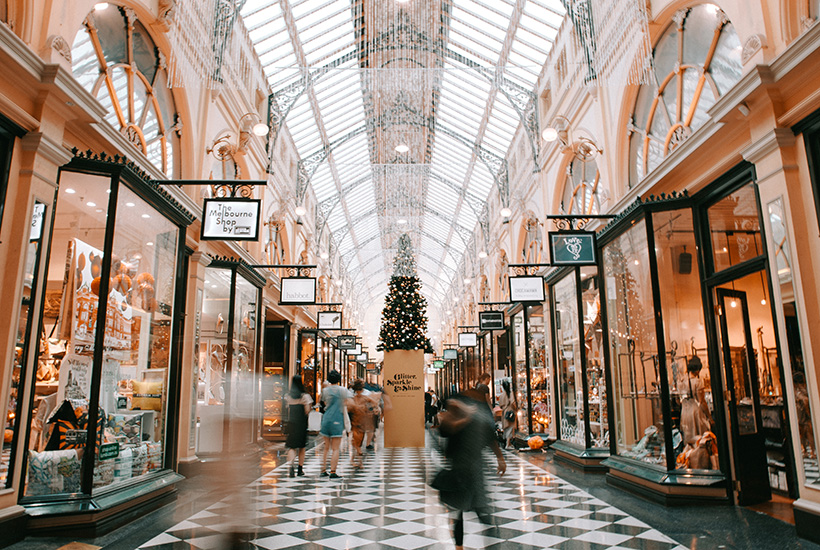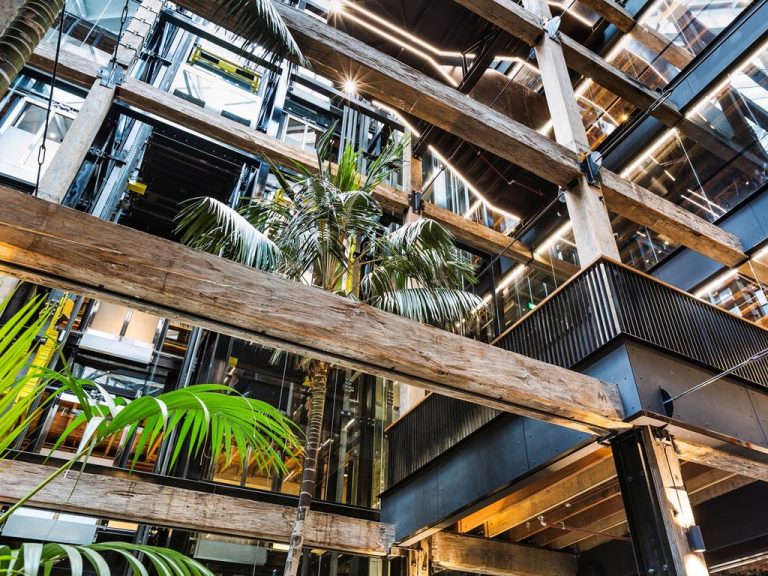Here’s how retailers plan to lure Gen Y, Z shoppers

Convenience and sustainability will be at the forefront of the customer experience over the next decade as industry adapts to attract the next generation.
Tech-savvy and environmentally conscious Generation Y and Z will expect greater automation, according to CBRE’s retail trends report, titled 30 Predictions for 2030: The Future of Retail in Australia.
Data shows environmental protection is “extremely important” to millennials, more so than their elders.
Commercial Insights: Subscribe to receive the latest news and updates
With this cohort set to make up a majority of the workforce and consumer market in 2030, brands would need to integrate sustainability messaging into their strategies to retain loyalty, says CBRE’s head of retail research, Kate Bailey.
“By 2030, consumers will prioritise environmentally sustainable products and retailers; the automation of appliances and growth of in-home assistants, and technology will mean that buying many products will be a completely automated process; and time-saving retail services will cater to specific customer needs,” she says.
Zero-plastic packaging and more efficient shipping for online purchases would also save companies money, time and resources. Greater information about ingredients and product journeys was to be expected as food delivery services explode tenfold and more people focus on sustainability.
Technology would come to the forefront of the purchasing process and become vital for stores to retain customers. Time-poor consumers were likely to put a premium on convenience as more forgo a large weekly shop and either buy ingredients or ready-made meals on the way home or get takeaway.
Bailey says the fast rate of adaptation and adoption of new technologies will continue. Most successful retailers would interact with customers through unique in-store experiences that offered a distinct difference to the online product. Smartphones would be integrated through apps to make purchases at digital stores.
“Stores will sell less but invest large sums in experiences,” she says. “Customer loyalty will be key and big-data analytics to track customer behaviours will also enable retailers to be more engaged with their customers.”
This article originally appeared on www.theaustralian.com.au/property.







